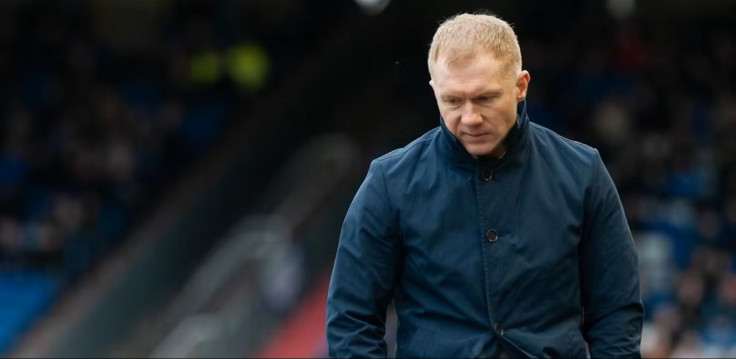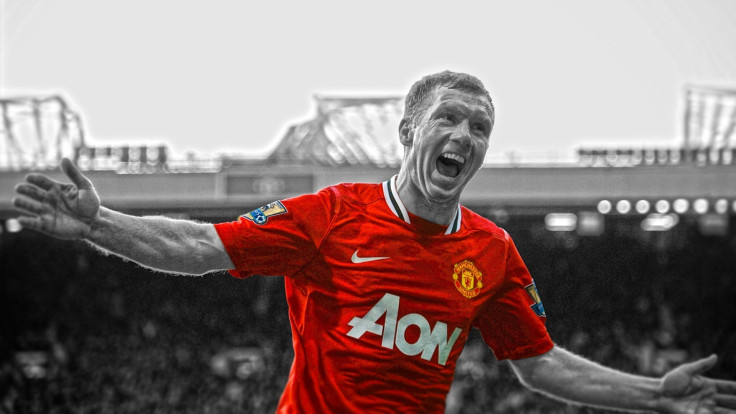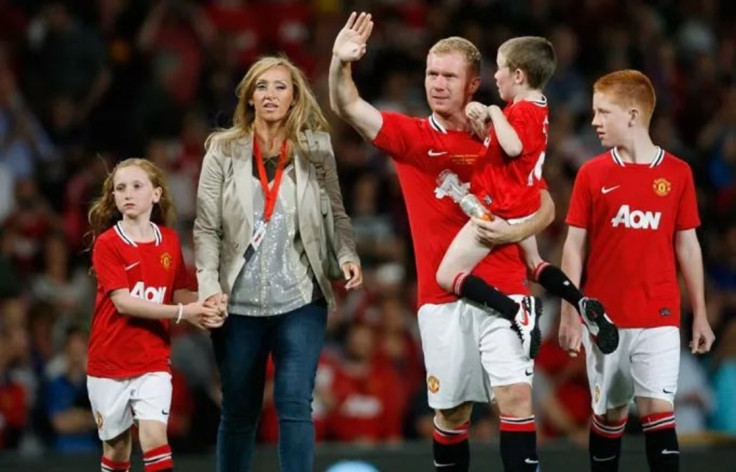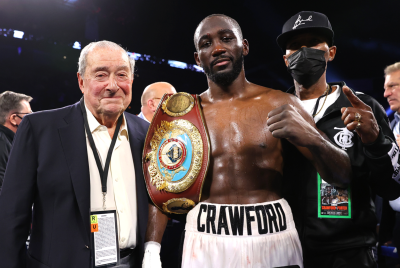Man United Legend Paul Scholes Opens Up About Raising His Autistic Son, Aiden
Man United icon Paul Scholes shares heartfelt story of parenting his autistic son and reshaping his career

Paul Scholes has shared an emotional insight into his life beyond football, revealing that he stepped back from punditry to focus on raising his autistic son, Aiden.
Speaking on The Stick to Football podcast, the former Manchester United midfielder explained that caring for his 20-year-old son — who is non-verbal and lives with autism — now shapes every aspect of his daily routine.
Scholes' decision, driven by love and responsibility, highlights the growing awareness around neurodiversity and the realities of family life for parents of children with special needs.
'I made a decision this year because of Aiden, obviously due to his special needs you might know about,' Scholes said. 'All the work I do now is just around his routines because he has quite a strict routine every single day, so I just decided everything I'm going to do it is around Aiden.'
The former England midfielder, who retired from professional football in 2013, had become a regular fixture on television, offering expert analysis on Premier League and Champions League matches. However, he explained that the demands of punditry conflicted with Aiden's daily schedule, prompting a shift in priorities.
Life Beyond Football: Co-parenting and Routine

Scholes also shared that he and his former wife, Claire, have separated, and now co-parent Aiden with a structured arrangement. 'I'm not with [his mother] Claire anymore, so we have him three nights each, and Claire's mum has him on a Friday night,' he said, highlighting the importance of consistency in Aiden's life.
The 50-year-old emphasised that routine is central to Aiden's wellbeing. 'We always do the same things with him as he doesn't know what day of the week it is or what time it is. But he'll know from what we're doing what day it is,' Scholes explained. This insight reflects the broader reality faced by many families raising children with autism, where predictability and structure are often essential for emotional and behavioural stability.
Scholes' decision to step back from the spotlight has been met with widespread support. Fans and fellow professionals have praised his openness and commitment to family. The move also underscores the evolving role of public figures in discussing neurodiversity and mental health.
Scholes' remarks come at a time when awareness of autism and neurodiversity is growing within sport. Several athletes and public figures have begun sharing their personal experiences, helping to destigmatise conditions that were once misunderstood or overlooked.
A Message of Empathy and Understanding

While Scholes has largely kept his family life private, his recent comments mark a shift towards greater openness. His story offers a powerful reminder that behind the accolades and trophies, footballers are also parents, carers, and individuals navigating complex personal journeys.
As Scholes continues to support Aiden's development, his decision to prioritise family over fame sends a message of empathy and resilience. It also highlights the importance of flexible working arrangements and societal support for families caring for individuals with special needs.
Paul Scholes' candid reflections on raising his autistic son, Aiden, have struck a chord with many. His decision to step back from punditry to focus on caregiving reflects a deep commitment to family and a growing recognition of the challenges faced by parents of children with autism.
Conclusion
Paul Scholes' reflections on raising his autistic son Aiden reveal a side of football few see — one defined by patience, love, and sacrifice.
His decision to prioritise family over fame offers a blueprint for compassion and balance, inspiring others to speak openly about autism and caregiving.
By sharing his journey, Scholes has turned a personal choice into a universal message about empathy, inclusion, and the power of routine.
© Copyright IBTimes 2025. All rights reserved.





















